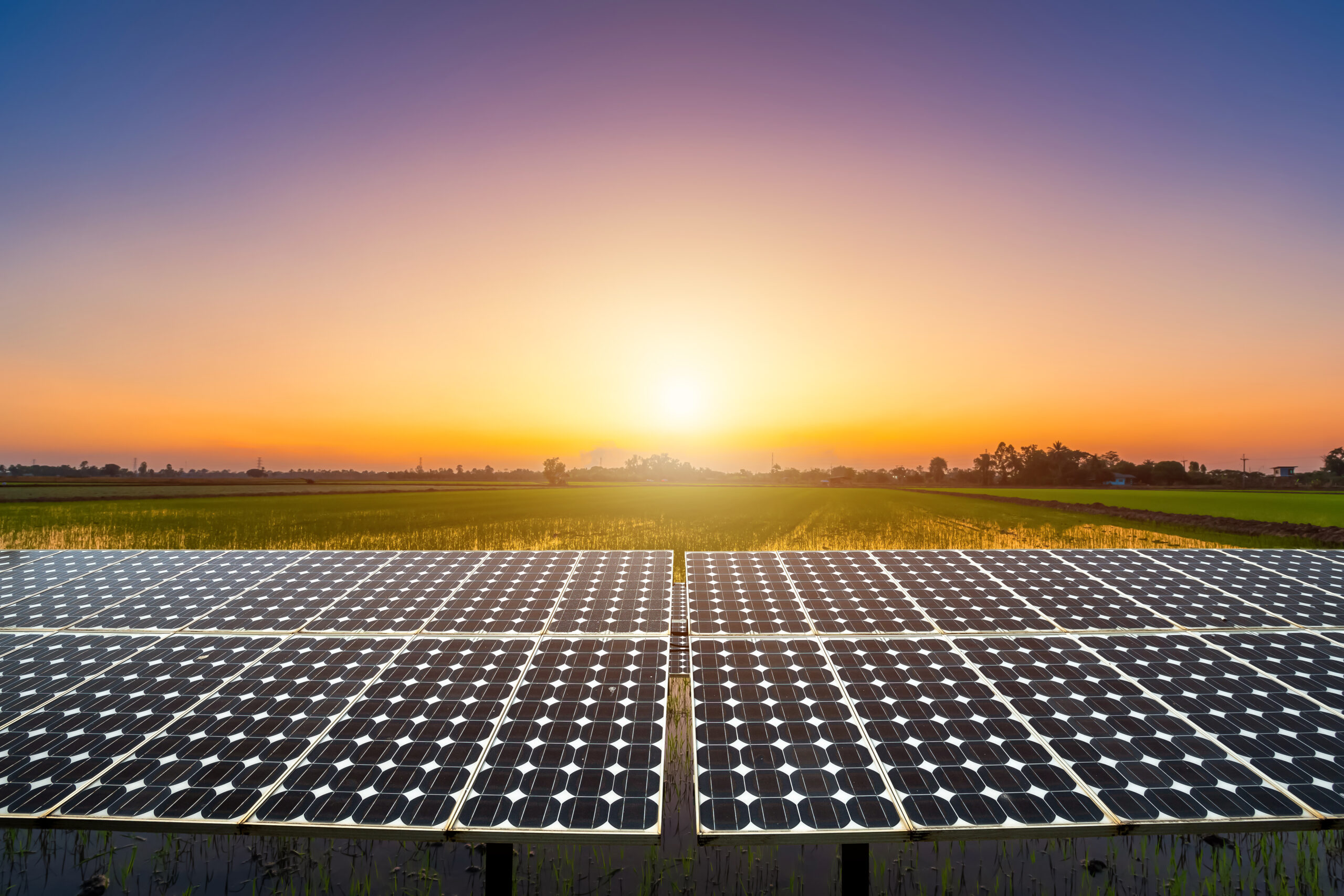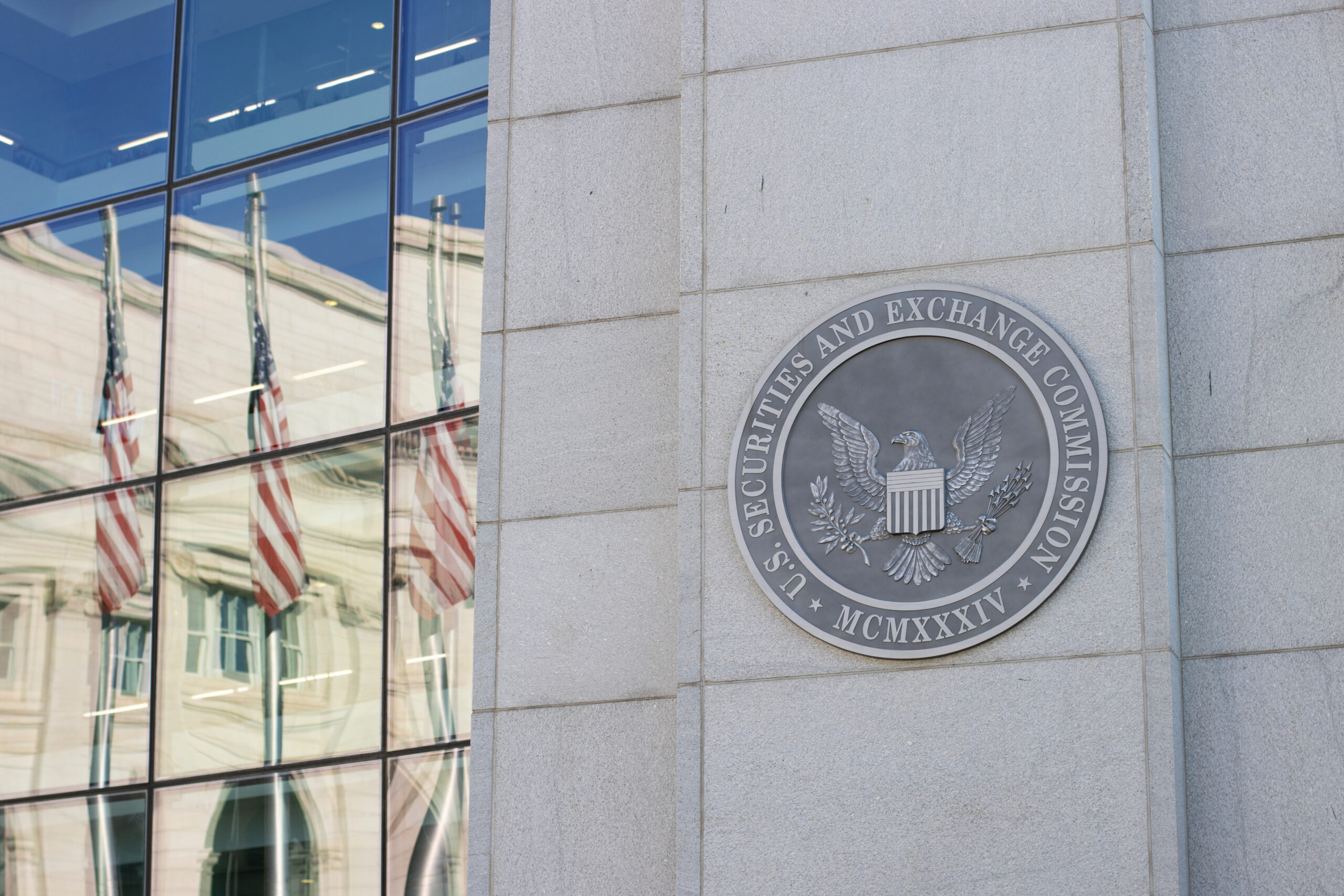UN Sec-Gen calls for renewables investments to triple
UN Secretary-General António Guterres has proposed what he calls “five critical actions” to jump-start the energy transition, including phasing out subsidies for fossil fuels and tripling private and public investments in renewables to at least US$ 4 trillion dollars a year.

In a speech on Wednesday highlighting the release of the World Meteorological Organization’s (WMO) annual State of the Global Climate report, which found that rising sea levels and ocean heating set new records in 2021, Guterres said fossil fuels are a dead end – environmentally and economically – and that the war in Ukraine and its immediate effects on energy prices are yet another wakeup call.
“Transforming energy systems is low-hanging fruit,” said Guterres. “Renewable energy technologies such as wind and solar are readily available and in most cases, cheaper than coal and other fossil fuels.”
The Secretary-General set out five critical actions to tackle climate change and keep the global warming target of 1.5 C, as set out in the Paris Agreement, alive. Firstly, he said, renewable energy technologies, including battery storage, must be treated as essential and freely-available global public goods. That means removing obstacles to knowledge sharing and technological transfer – including intellectual property constraints.
Installed battery storage on a global basis was only 17 GW in 2020, of which 10 GW was utility scale, according to the International Energy Agency (IEA). Globally, 5 GW of storage capacity was added in 2020, led by China and the United States. In the IEA’s Net Zero by 2050 Scenario, total installed capacity expands by 35-fold between 2020 and 2030 to 585 GW.
“Storing renewable electricity is often cited as the greatest barrier to the clean energy transition,” said Guterres.
“I am therefore calling for a global coalition on battery storage to fast-track innovation and deployment – a coalition led and driven by governments, bringing together tech companies, manufacturers, and financiers.”
Secondly, Guterres called for scaling up and diversifying the supply of critical components and raw materials for renewable energy technologies. He noted that this will take “concerted international coordination.”
A sharp increase in prices for raw materials, including for steel, nickel and copper which are used in wind power projects, are pushing up the cost of implementing new projects. The war in Ukraine has exacerbated the situation.
“Today’s supply chains for renewable energy technology and raw materials are concentrated in a handful of countries,” said Guterres. “The renewable age cannot flourish until we bridge this vast chasm.”
Removing red tape and bureaucracy
Guterres also called on governments to remove red tape and permitting obstacles for renewables. Many renewables developers, such as for onshore wind, say rules are complex and procedures slow.
“We must prevent bottlenecks, where gigawatts of renewable projects are held up by red tape, permits and grid connections,” said Guterres. “I call on governments to fast-track and streamline approvals of solar and wind projects, modernize grids and set ambitious 1.5-degree-aligned renewable energy targets that provide certainty to investors, developers, consumers and producers.”
He also said governments must shift subsidies away from fossil fuels to protect the poor and most vulnerable people and communities. Gutteres said that, every minute of every day, coal, oil and gas receive roughly US$ 11 million dollars in subsidies.
Gutteres’ comments echo that of the IEA and many other organisations which have called for subsidies to fossil fuels to be phased out. Oil remains the most subsidized fuel, but gas and electricity are catching up, according to the IEA. Examples of subsidies for fossil fuels include tax breaks for producers and artificially low retail prices for end-users, such as for petrol.
“Each year, governments around the world pour around half a trillion dollars into artificially lowering the price of fossil fuels — more than triple what renewables receive,” said the Secretary-General.
A fifth point Guterres made is that private and public investments in renewable energy must triple to at least US$ 4 trillion dollars a year. He noted that, for solar and wind power, upfront payments account for 80% of lifetime costs. But some developing countries pay seven times more in financing costs than developed countries, Guterres noted.
“The management and shareholders of multilateral development banks and development finance institutions must take responsibility and be held accountable,” he said. “I call on them, including their private arms, to fully align their entire lending portfolios with the Paris Agreement, by 2024 at the latest, and to end all high emissions high pollution finance.”
Against a backdrop of soaring energy prices and concerns over security of supply, Guterres added: “Renewables are the only path to real energy security, stable power prices and sustainable employment opportunities.”
The WMO report found that sea level rise, ocean heat, greenhouse gas concentrations, and ocean acidification set alarming new records in 2021. Global mean sea level increased at more than double the previous rate. This is mainly due to accelerating loss of ice mass, the report said. Ocean warming also showed a particularly strong increase in the past two decades, and is penetrating to ever deeper levels.



